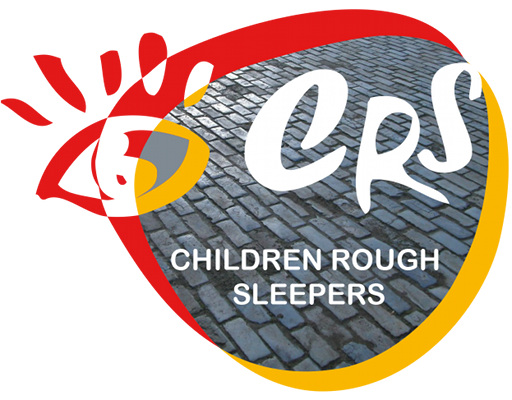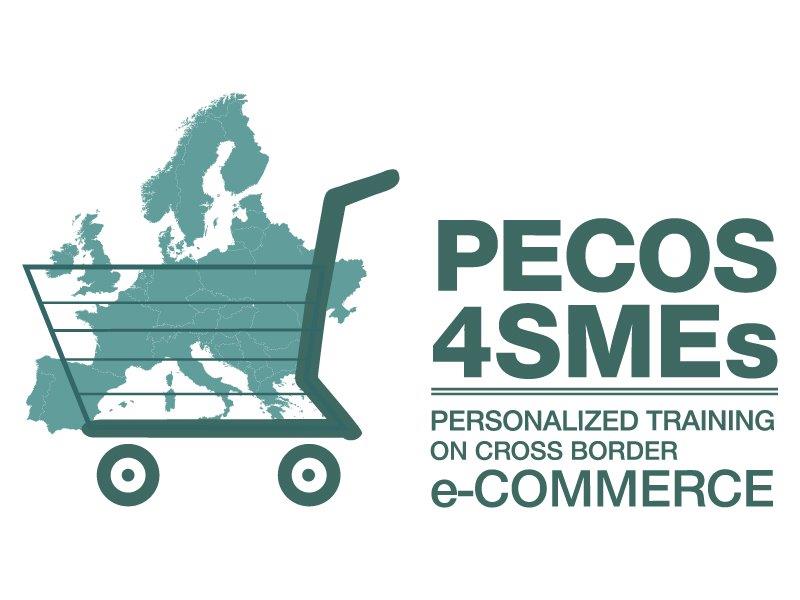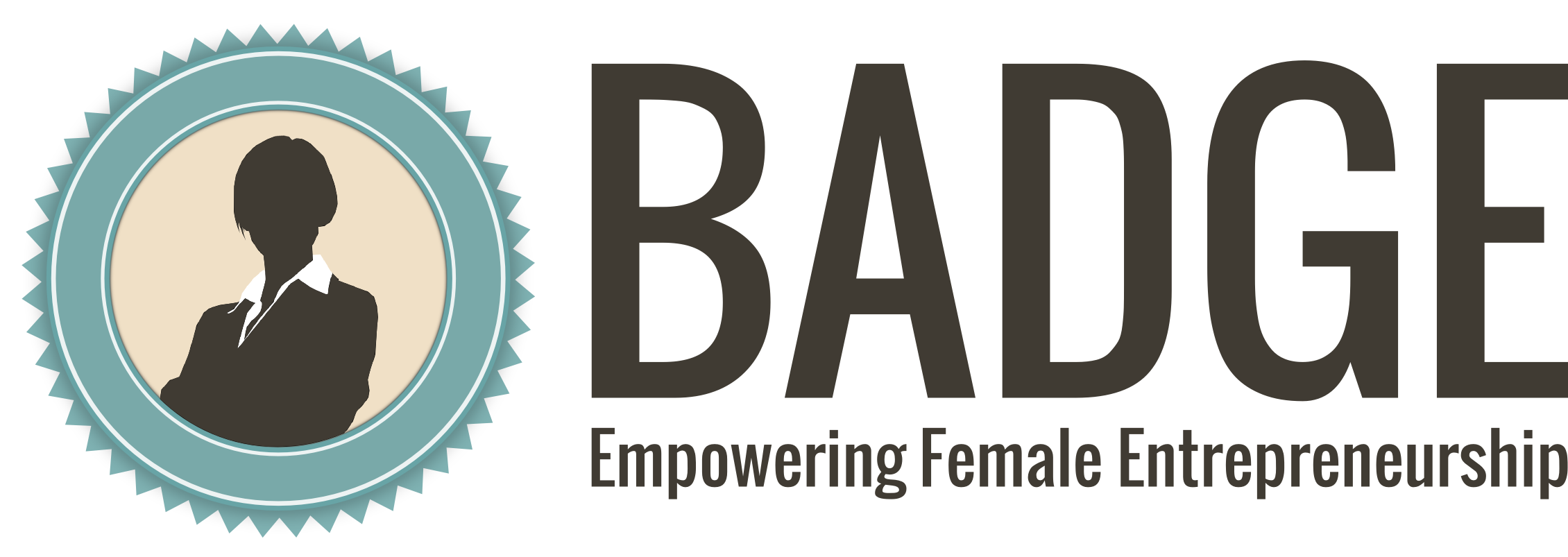We present the first issue of the newsletter prepared within the TAP project.
Click on the image to open in new window.
We present the first issue of the newsletter prepared within the TAP project.
Click on the image to open in new window.
The European Parliament in Brussels seems to be the most appropriate place to discuss the fate of homeless children or children fleeing from home in Europe. That is where 10 December 2014, an international conference entitled “Children Rough Sleepers Conference” took place. The immediate cause of the organization of the conference was ending of the project CRS – Children Rough Sleepers.
The project was devoted to children who fled or were expelled left the house, they were deprived of proper care or accommodation, and thus forced to stay away from home, sleeping on the street and those who face the problem of homelessness.
The project offered a variety of tools available for use in working with such children, a review of available policies, instruments and the results of research aimed at raising awareness of the problem and indicated the proposed solutions (guide to the best practice recommendations for decision-makers, training for professionals dealing with such children).
 The last meeting in the CRS – Children Rough Sleepers project took place in Lisbon, Portugal on 27th and 28th of November 2014. Partners summarised the work and activities undertaken, taking into account any relevant and existing schemes and approaches towards helping homeless children. Such outlook on the project resulted in exchange of knowledge and experiences gathered throughout the project realisation.
The last meeting in the CRS – Children Rough Sleepers project took place in Lisbon, Portugal on 27th and 28th of November 2014. Partners summarised the work and activities undertaken, taking into account any relevant and existing schemes and approaches towards helping homeless children. Such outlook on the project resulted in exchange of knowledge and experiences gathered throughout the project realisation.
Apart from current activities to be done before the end of the project, an international conference in Brussels was planned to take place on 10th of December 2014.
Conference held on 27 November 20014 in Malopolska School of Economics in Tarnow, entitled “Children Rough Sleepers”, which was organized jointly by Malopolska School of Economics and Association „Center for Education and Enterprise Support” in Rzeszow. Conferences prevailed CWEP project run by CRS – Children Rough Sleepers, funded with support from the European Commission on the Daphne III programme.
The conference was a summary of the project and was attended by over 150 people, most of them took an active part in the debate summarizing the conference. Honorary Patronage of the conference were: the Ombudsman for Children, President of Tarnow and the Polish Association Janusz Korczak (Warsaw) and the event is also supported loft and preventive aid institutions: Social Welfare Centre in Tarnow, Institutions Service Centre Caring and Education in Tarnow, Tarnowski Crisis Intervention Center and Support Victims of Domestic Violence, the Police Headquarters in Tarnow and the Municipal Police in Tarnow.
The first meeting of the project partners took place on 22 and 23 October 2014, in the town of Cala D’or, Mallorca. The meeting was hosted by the Spanish partner – Sea Teach. The meeting took place in a friendly atmosphere and its subject has been the scope of the division of work and responsibilities in the project. It was found the next tasks and their schedule. Partners had the opportunity to get to know and exchange experiences from previous projects.
ET-NEETs project is a response to the lack of systemic mechanism for the exchange of good practices in support of people known as NEETs, i.e. outside employment, education or training. The main objective of the ET-NEETs project is to provide innovative support, guidance and providing a significant impact on the quality of training offered by the teachers and educators of young people in difficulty (NEETs).
 Współczesny świat oraz poziom rozwoju technologicznego i telekomunikacyjnego sprawia, że coraz więcej dziedzin naszego życia przechodzi diametralną metamorfozę lub też powstają zupełnie nowe, do tej pory nie znane. Nowoczesne technologie mają zdecydowany wpływ na nasze życie, dlatego wielu ludzi nie wyobraża sobie dzisiaj funkcjonowania bez Internetu czy też komputerów. W związku z powyższym konieczne było wprowadzenie zmian w naszym życiu codziennym, a także w sposobie prowadzenia interesów. Wszechobecna cyfryzacja wymusiła na przedsiębiorcach zmianę modelu prowadzenia dotychczasowej działalności. Nie przez przypadek powstało powiedzenie: „Jeżeli ktoś nie funkcjonuje w Internecie, nie istnieje”. Z biegiem czasu można przypuszczać, że ta tendencja się jeszcze nasili, a ma to związek z faktem, że tradycyjny sposób prowadzenia biznesu jest coraz mniej opłacalny. Dzięki możliwościom jakie daje Internet, potencjalny Kowalski jest w stanie ograniczać koszty i maksymalizować zyski.
Współczesny świat oraz poziom rozwoju technologicznego i telekomunikacyjnego sprawia, że coraz więcej dziedzin naszego życia przechodzi diametralną metamorfozę lub też powstają zupełnie nowe, do tej pory nie znane. Nowoczesne technologie mają zdecydowany wpływ na nasze życie, dlatego wielu ludzi nie wyobraża sobie dzisiaj funkcjonowania bez Internetu czy też komputerów. W związku z powyższym konieczne było wprowadzenie zmian w naszym życiu codziennym, a także w sposobie prowadzenia interesów. Wszechobecna cyfryzacja wymusiła na przedsiębiorcach zmianę modelu prowadzenia dotychczasowej działalności. Nie przez przypadek powstało powiedzenie: „Jeżeli ktoś nie funkcjonuje w Internecie, nie istnieje”. Z biegiem czasu można przypuszczać, że ta tendencja się jeszcze nasili, a ma to związek z faktem, że tradycyjny sposób prowadzenia biznesu jest coraz mniej opłacalny. Dzięki możliwościom jakie daje Internet, potencjalny Kowalski jest w stanie ograniczać koszty i maksymalizować zyski.
On 28th October 2014 in Turek took place seminar entitled ECVET as a tool to strengthen cooperation in vocational education and employers organized by the Foundation for the Development of the Education System and the Technical School named of Gen. Prof. S. Kaliski in Turek.
The seminar was attended by Wojciech Jankowiak, Deputy Marshal of the Greater Poland Region, Horacy Dębowski representing Institute for Educational Research, Maria Montowska – Director of the Polish-German Chamber of Industry and as well as many other guests from the industry sector, but also representatives of schools and universities.
Association “Center for Education and Enterprise Support” has been represented by Krzysztof Ciąpała, who presented the project CONVET – ECVET for the recognition of qualifications in the construction sector.

As part of the research on doubly excluded women’s entrepreneurship, completed a survey on women’s entrepreneurship coming from rural areas. This study included, among others, comparison of the income received by women conducting or not conducting business.
Analysis of the fundamental values of descriptive statistics for the data showed that the average monthly income earned by female entrepreneurs amounted to 5242 zł, and was about 2324 zł higher than income of women not engaged in economic activity. Woman who aren’t entrepreneurs gained average income of 2919 zł. The median, which divides the value of the entire population of students in two equal parts, amounted to: 4500 zł for women engaged in economic activities and 2500 zł for women not engaged in it. Minimum income women entrepreneurs were about 500 zł higher income women not involved in entrepreneurship – 1500 zł. The difference between the maximum values of income was as high as 5000 zł.
 Diversity in business – a workshop for doubly excluded women
Diversity in business – a workshop for doubly excluded women
The company Danmar Computers offers workshops for women called doubly excluded. Diversity in business. Workshops are dedicated to the ladies who are considering the possibility of starting his own company, which also meet one of the selected conditions:
The workshop will be held on 17 and 20 November 2014. In the office Danmar Computers at Hoffmanowej 19 in Rzeszow.
 On 7 and 8 October at the headquarters of the Association took place first meeting of the partners carried out in the framework of ERASMUS+ project “TAP-Together Against Poverty“. The project aims to tackle social problems which are poverty and social exclusion through the development and application of appropriate educational tools in relation to two target groups (people at risk of poverty and social exclusion and social policy makers and politicians).
On 7 and 8 October at the headquarters of the Association took place first meeting of the partners carried out in the framework of ERASMUS+ project “TAP-Together Against Poverty“. The project aims to tackle social problems which are poverty and social exclusion through the development and application of appropriate educational tools in relation to two target groups (people at risk of poverty and social exclusion and social policy makers and politicians).
